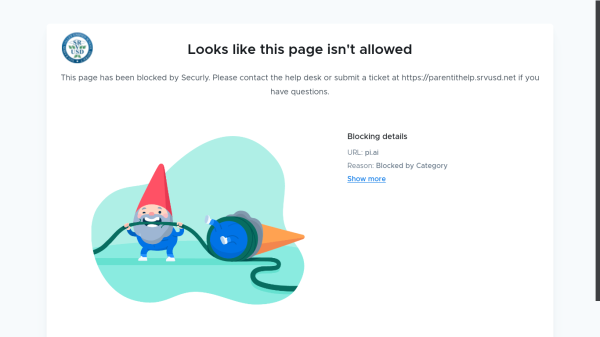Changes in SAT
Many think that the college admission exams (SAT or ACT) do not focus enough on important academic skills. On Wednesday, the College Board announced a fundamental rethinking of the SAT; ending the penalty for guessing a question wrong, cutting obscure vocabulary words, and making the essay portion of the test optional.
The President of the College Board, David Coleman, criticized his own test, the SAT, and its main rival, the ACT, saying that both had “become disconnected from the work of our high schools.”
The changes are extensive: The SAT’s rarefied vocabulary challenges will be replaced by words that are common in college courses, like “empirical” and “synthesis.” The math questions, now scattered across many topics, will focus more narrowly on linear equations, functions and proportional thinking. The use of a calculator will no longer be allowed on some of the math sections.
Many students at Monte Vista High School, are in favor of the changes being made in the SAT tests.
Sophomore Gwen Little thinks highly of the revisions, and think that as a result, they will most likely benefit the students, in raising their overall scores.
“The upcoming changes sound interesting, I definitely think that the average score for the test is going to go up a lot,” Gwen said.
Gwen also made an interesting point in that, students would either be investing more or less time in studying for the test, than students who have taken the previous version of the test did.
“As far as the changes go, it sounds like students are either going to be spending a lot of time studying because of the adjustment they have to make, or less time because there is less material to study now.”
The new exam will be available on paper and computer, and the scoring will revert to the old 1,600-point scale — from 2,400 — with top scores of 800 on math and 800 on what will now be called “evidence-based reading and writing.
Some changes will make the new SAT more like the ACT, which for the last two years has outpaced the SAT in test takers. Thirteen states administer the ACT to all public high school juniors, and three more are planning to do so. Changes include: the ACT has no guessing penalty, and its essay is optional. It also includes a science section, and while the SAT is not adding one, the redesigned reading test will include a science passage.
Overall, the changes made to the test seem to appeal more to students now than they did before, which may mean that students will be more prepared going in to the exam.
Some students now believe that because of the recent changes made to the test, more students will be leaning towards taking the the SAT, since before, they seemed to be in favor of the ACT.











